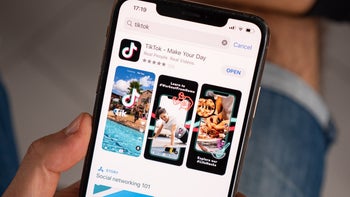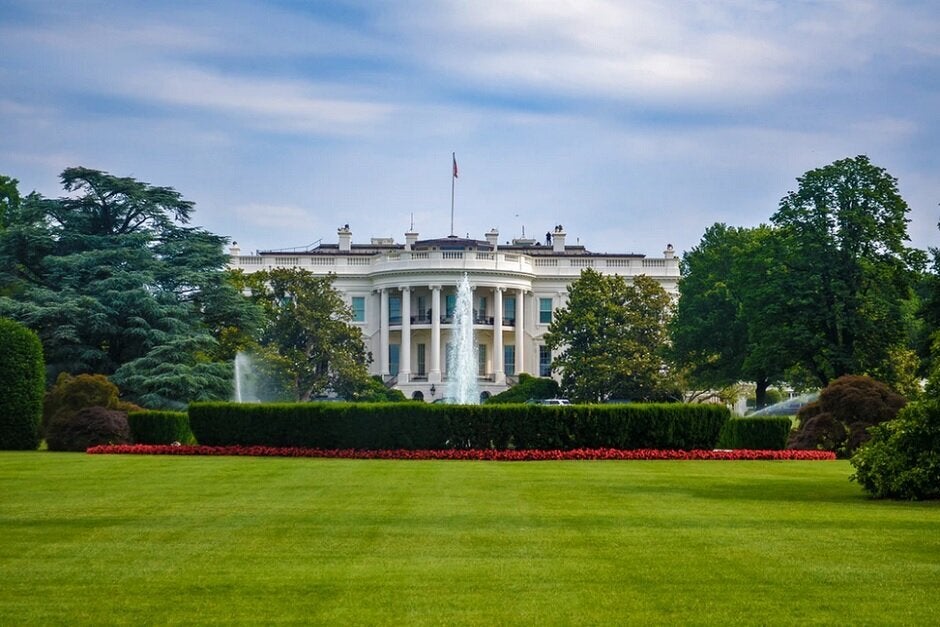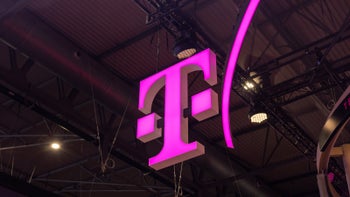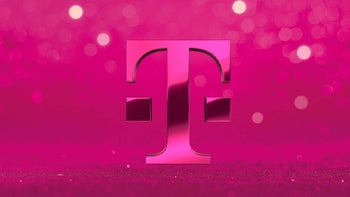Oracle bid for TikTok does not go far enough to meet Trump's demands

Concerned that popular short-form video app TikTok was harvesting information from its U.S. community measuring over 100 million users, President Donald Trump had ordered TikTok's Chinese based parent ByteDance to divest TikTok's U.S. operations on August 6th. A deal had to be announced by September 15th or else the app, very popular among teens, would be banned from the states.
Oracle's proposed bid for TikTok does not do enough to protect U.S. users says the administration
Several U.S. firms such as Microsoft, Twitter, Walmart, and Oracle were reportedly interested and even Apple briefly made the list of rumored candidates. But during the weekend, it was Oracle that submitted the "winning" bid. Or did it? Bloomberg reports today those familiar with the situation say that the Trump administration is not sure that Oracle's bid resolves all of the U.S. government's concerns about TikTok being a threat to U.S. national security. The agreement between TikTok, Byte Dance, Oracle, and the U.S. government is still on the table waiting for the appropriate signatures. During a press conference today, President Trump said that he wasn't happy about what he was hearing about the bid from Oracle and would be briefed about the latest details tomorrow morning. " I'm not prepared to sign off on anything," the president said.

The White House is not happy with Oracle's bid to be a trusted tech partner for TikTok
Secretary of State Mike Pompeo and other administration officials are worried that even if the transaction is completed, ByteDance could still have access to user data from its 100 million U.S. users. Additionally, there is concern about the amount of influence that China could have over the restructured company even though the deal would give Oracle access to TikTok's source code and updates; this might prevent ByteDance from using a back door to snag user data.
The U.S. government has until September 20th to decide whether to approve the restructuring of TikTok that would allow ByteDance to divest itself of its interest in the app, and turn TikTok into a standalone company; Oracle and other U.S. firms would end up holding minority interests in the firm. Under the terms of the deal, the new TikTok would be headquartered in the states with an independent board approved by the U.S. government. A third-party will provide oversight over the company, reporting back to the U.S. government.
Other government officials studying the offer include Attorney General William Barr who was briefed on the deal today and is reportedly reviewing it. Also involved is Treasury Secretary Steve Mnuchin who also is reviewing the possible transaction. Barr spoke this morning with an Oracle executive according to a pair of sources while Pompeo met with Oracle last week.
Yesterday, members of the Committee for Foreign Investments in the U.S. (CFIUS) got together; this agency approves foreign investments of U.S. assets looking out for possible national security issues. During the meeting, there were questions and worries about leaving ByteDance with a majority stake in TikTok's U.S. operations while Oracle would have only a minority stake. The same group of officials was scheduled to meet today. If the deal is completed, user data belonging to U.S. TikTok users would be stored by Oracle, but this information never was stored in China and was kept on servers in the U.S. and Singapore.
The bottom line is that as long as ByteDance keeps financial control of TikTok, there will still be concern about TikTok being a national security threat. And the deal involving Oracle that was presented to CFIUS falls far short of protecting U.S. teens and others who are partial to the app. Senator Marco Rubio and five other Republicans wrote a letter to the president today in which they told Trump that the deal "leaves significant unresolved national security issues."
Others want to see an outright sale of the U.S. operations of TikTok which is more in line with the executive order President Trump signed on August 6th. Instead, to reiterate, the plan announced this past weekend would allow ByteDance to keep a majority of the operation while Oracle is merely a "key technology partner." Oracle, for instance, would not receive the important algorithms that TikTok developed to determine which videos are shown to users. But China just created a new regulation that bans algorithms created in China from being handed over to foreign companies. This also puts a crimp in any option to sell TikTok outright to a U.S. firm.










Things that are NOT allowed: